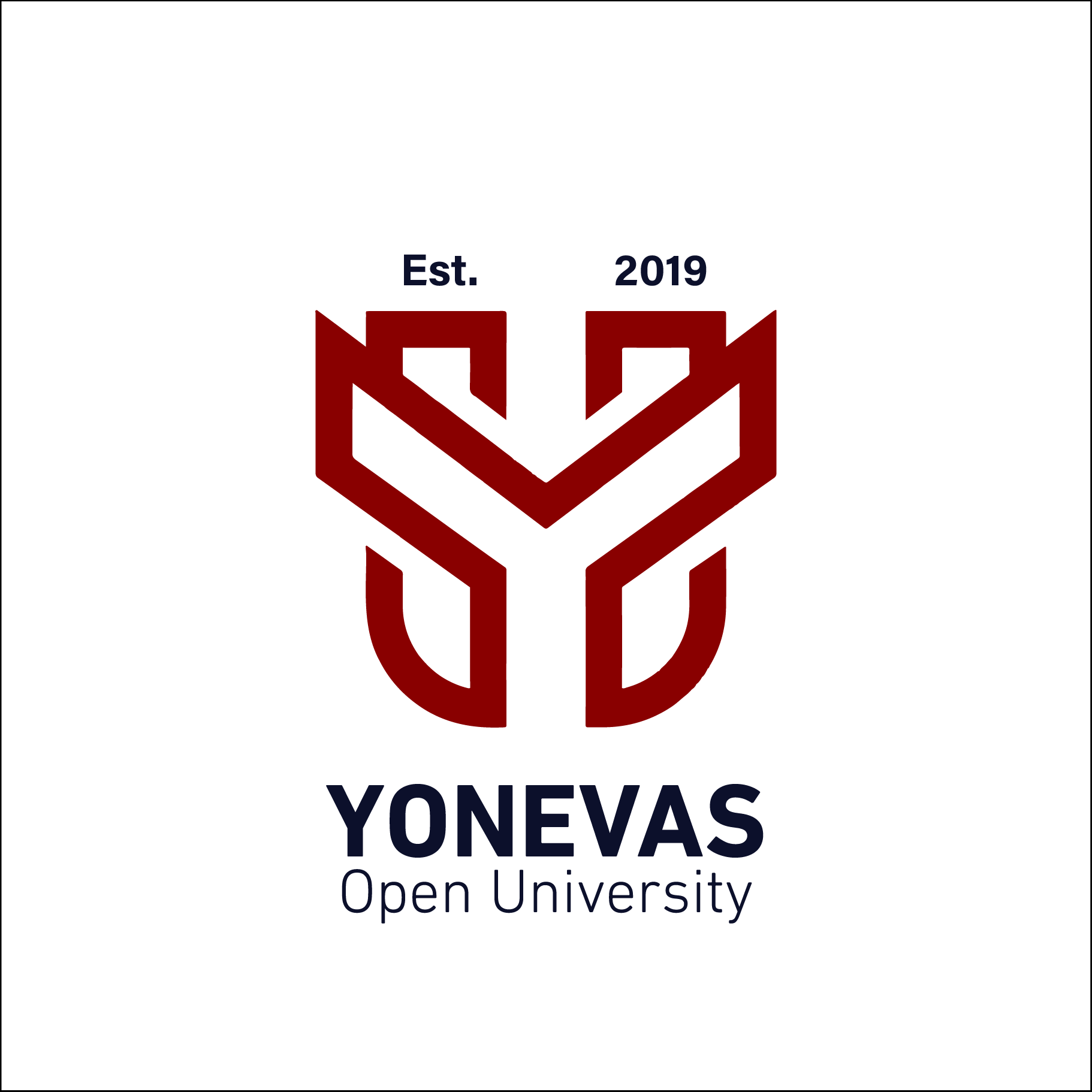Introduction
If you are still wondering why you should choose Online learning over the regular real-time classroom learning that we are all used to in Nigeria,
Come close! I have something to tell you.
In recent years, online learning has revolutionized the way education is delivered, and Nigerian students have been quick to embrace this digital transformation, so don't be left out.
With the rapid advancement of technology and the increasing availability of the Internet, online learning has become a viable alternative to traditional classroom education.
In this article, we'll explore the numerous benefits that online learning offers to Nigerian students, its Advantages, and its potential to enhance education in Nigeria.
Outline:
1. Benefits of Online Learning
Flexibility and Convenience
Access to a Wide Range of Courses and Resources
Cost-Effectiveness
Improved Technical Skills and Digital Literacy
Enhanced Collaboration and Networking Opportunities
Self-Directed Learning and PersonalizedApproach.
2. Conclusion
The advantages of e-learning, online learning, or virtual learning (whichever term you prefer) are numerous, making it highly appealing, especially when compared to the traditional method of teaching.
Let's get straight to the point and explore the Benefits of online learning
Benefits of online learning
Flexibility and Convenience:
One of the most significant advantages of online learning for Nigerian students is the flexibility and convenience it offers. Traditional classroom-based education often requires students to adhere to strict schedules, which can be challenging for those with other commitments or responsibilities.
However, Online learning allows students to access course materials and lectures at their convenience, enabling them to study at their own pace and create a personalized learning schedule.
This flexibility is particularly beneficial for Nigerian students who may have part-time jobs, family obligations, or other time constraints.
Access to a Wide Range of Courses and Resources:
Online learning provides Nigerian students with access to a vast array of courses and resources that might not be readily available in their local educational institutions. Through online platforms and learning management systems, students can choose from a variety of subjects and academic programs, regardless of their geographical location.
This accessibility broadens their educational opportunities and allows them to pursue their areas of interest, thus fostering personal growth and professional development.
Furthermore, online learning provides students with a wealth of digital resources, such as e-books, videos, interactive quizzes, and discussion forums.
These resources enhance the learning experience and enable students to engage with the course material dynamically and interactively. Additionally, online platforms often offer access to virtual libraries and databases, granting Nigerian students access to a wealth of information that can enrich their academic pursuits.
Cost-Effectiveness:
Online learning is often more cost effective than traditional classroom education. Nigerian students can save money on commuting expenses, accommodation fees, and textbooks when they opt for online courses.
Moreover, online programs and courses tend to be more affordable than their on-campus counterparts.
This affordability allows students to access quality education without facing financial burdens, making it an attractive option for many Nigerian students who may have limited financial resources.
Improved Technical Skills and Digital Literacy:
Engaging in online learning equips Nigerian students with essential technical skills and enhances their digital literacy.
As online courses rely heavily on digital tools and platforms, students become familiar with technology, internet navigation, and online communication. These skills are highly valuable in today's digital world and are transferable to various professional settings.
By participating in online learning, Nigerian students can stay updated with the latest technological advancements and develop skills that are increasingly in demand in the job market.
Enhanced Collaboration and Networking Opportunities:
Contrary to the misconception that online learning is isolating, it offers opportunities for collaboration and networking.
Online courses often incorporate discussion boards, virtual group projects, and video conferencing, enabling Nigerian students to interact and collaborate with peers from diverse backgrounds.
This interaction fosters the exchange of ideas, cultural understanding, and global connections, preparing students for the interconnected global society. Additionally, online learning may provide access to online communities, professional networks, and alumni associations, creating valuable connections that can support career growth and development.
Self-Directed Learning and Personalized Approach:
Online learning empowers Nigerian students to take control of their education and engage in self-directed learning.
The flexibility of online courses allows students to determine their learning pace and prioritize subjects or topics that require more attention.
This personalized approach to education ensures that students can tailor their learning experience to their specific needs, thereby optimizing their academic outcomes.
Conclusion
Online learning offers numerous advantages for every Nigerian student. By embracing online learning, Nigerians can overcome the numerous barriers to education in the country, broaden their horizons, prepare themselves for a competitive global future, and enjoy a great opportunity for growth and development. The flexibility, accessibility, cost-effectiveness, and networking opportunities provided by online learning make it an appealing option for many Nigerian students seeking to enhance their education. Also, bear in mind that as technology continues to advance and online learning platforms evolve, the potential for Nigerian students to benefit from this mode of education will only increase.



